THE DOCTORS GUIDE TO
SLEEP SOLUTIONS FOR STRESS & ANXIETY
COMBAT STRESS AND SLEEP EASIER EVERY NIGHT
ROBERT S. ROSENBERG, D.O., F.C.C.P.

2016 Quarto Publishing Group USA Inc.
Text 2016 Robert S. Rosenberg, D.O., F.C.C.P.
First published in the United States of America in 2016 by
Fair Winds Press, an imprint of
Quarto Publishing Group USA Inc.
100 Cummings Center
Suite 406-L
Beverly, Massachusetts 01915-6101
Telephone: (978) 282-9590
Fax: (978) 283-2742
QuartoKnows.com
Visit our blogs at QuartoKnows.com
All rights reserved. No part of this book may be reproduced or utilized, in any form or by any means, electronic or mechanical, without prior permission in writing from the publisher. All images in this book have been reproduced with the knowledge and prior consent of the artists concerned, and no responsibility is accepted by producer, publisher, or printer for any infringement of copyright or otherwise, arising from the contents of this publication. Every effort has been made to trace the copyright holders and ensure that credits accurately comply with information supplied. We apologize for any inaccuracies that may have occurred and will resolve inaccurate or missing information in a subsequent reprinting of the book.
Digital edition published in 2016
Digital edition: 978-1-63159-169-3
Softcover edition: 978-1-59233-724-8
Library of Congress Cataloging-in-Publication Data available.
Design, cover image and page layout: Landers Miller Design
Illustrations: Rick Landers except for by Gayle Isabelle Ford
The information in this book is for educational purposes only. It is not intended to replace the advice of a physician or medical practitioner. Please see your health-care provider before beginning any new health program.

To my four children,
Jason, Rebecca, Benjamin,
and Matthew Rosenberg,
whom my wife Christine
and I love dearly.
CHAPTER 1
HOW STRESS AND SLEEP ARE LINKED
T ossing and turning at night, especially if something is worrying you, is common. As you watch the hours pass on your bedside clock, your tension increases. You may wake up restless and exhausted, and your energy suffers for the rest of the day.
You are not alone. Insufficient sleep plagues almost half of the global population. You are likely experiencing one of these issues when you try to sleep at night:
 Too much stress
Too much stress
 A worried mind
A worried mind
 A health problem
A health problem
 Anxiety
Anxiety
 Irritation
Irritation
Think about the stressors in your life right now. Are you dealing with a difficult project at work? Have you been arguing with your spouse? Are you concerned because money is tight? These stressors can prevent you from sleeping and cause you to have fitful nights. Not sleeping also triggers stress hormones and increases your response to minor stressors. You may not notice these ill effects until you eventually become sick, or another health issue crops up.
Disturbed sleep and sleep deprivation worsen stress patterns. They can lead to the common sleep disorder of insomnia, characterized by the inability to fall asleep or stay asleep. People who experience insomnia are rarely able to nap during the day because they are in a state of hyperarousal. In this state, the brain and body do not turn off the fight-or-flight response and they are on constant alert for danger and scanning for threats. Their main symptom is fatigue. Insomnia could come on suddenly and last briefly, or it can become a serious disorder, affecting your ability to think and function well. If not addressed, this persistent sleep disorder negatively affects your mood, mental function, and overall health.
Stress and lack of sleep create a cycle of tension that is hard to break, but there are solutions. This book will explain how stress and anxiety affect your sleeping, eating, emotional health, physical well-being, and mental clarityand what you can do to overcome them and achieve better sleep. Promise yourself now to choose and apply the best strategies from the book that pertain to you for better sleep and improved health.
How Are Sleep and Stress Linked?
A reciprocal relationship exists between sleep and stress. Someone who is stressed or anxious often has trouble sleeping. However, it works both ways. Those who are sleep deprived will often have problems dealing with minor stressors. In one study, the subjects, when sleep deprived, perceived and reacted to minor stressors the same way they responded to major stressors. At the same time, a control group, which had slept eight hours, did not react appreciably to the minor stressors used in the study.
What we learn from the study is that sleep deprivation lowers our psychological threshold for how we perceive and react to stress. In brain studies that use functional MRIs, we see increased brain activity based on the blood flow to a particular brain region. When conducted after a night of fewer than six hours of sleep, we see hyperactivity in the emotional brain center called the amygdala. (See how the amygdala influences your emotions on page 54.) At the same time, there is decreased blood flow to the higher cortical brain centers responsible for executive thinking skills and control of our emotions. The amygdalas normal inhibition that exists after a good nights sleep is absent. Thus, we overreact psychologically in the form of fear and anxiety. We overreact physically as well with symptoms like rapid heartbeat, shortness of breath, or excessive sweating to stimuli that normally would not elicit much of a reaction at all.
The connections between stressors and sleep are in your biochemistry. Lack of sleep triggers a stress response, which has three phases, and these can be caused by lack of sleep but also by other stressors.
The first phase is the initial activation of the sympathetic nervous system that increases your heart rate, blood pressure, and breathing. Adrenaline production increases to give you an energy edge to escape danger.
Once the activation settles a bit, the second phase refers to how you adapt. That is, how are you emotionally after stress activation? How soon can you get back to normal? In short, are you a resilient person?
The third phase is fatigue and overtiredness. You become exhausted, and this is when the stress turns chronic. The good news is that you can get control before excess stress makes you feel out of control.
Stress is a common experience for people, but most people dont know how stress affects them and how to get help. Most people cant see clearly how the lack of sleep and stress overload are connected. Together, the patterns can destabilize energy, focus, and mood. One patient of mine, Karen, explained her sleep issue to me after her husband urged her to consult with a sleep professional. Karen described the scene clearly:


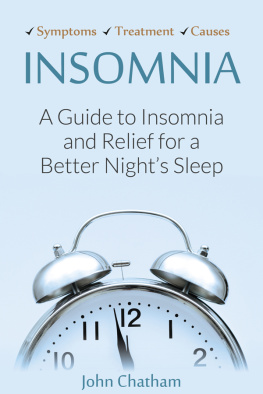
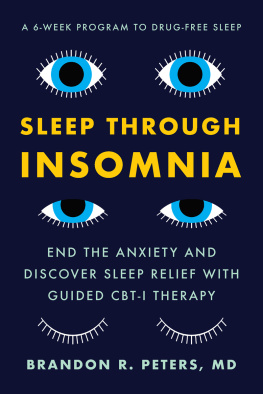
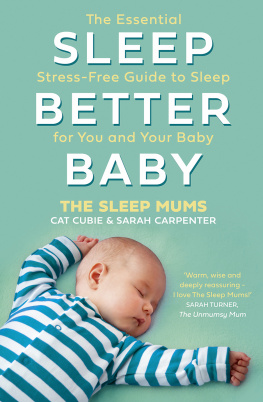
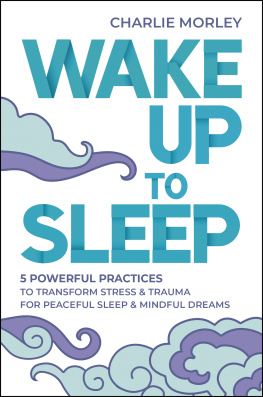
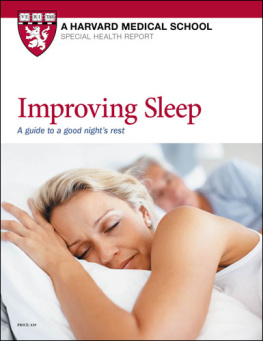
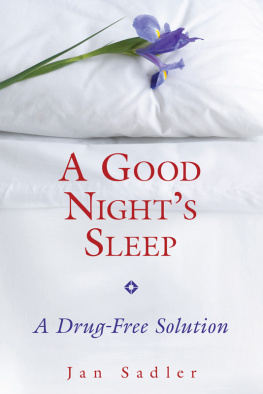
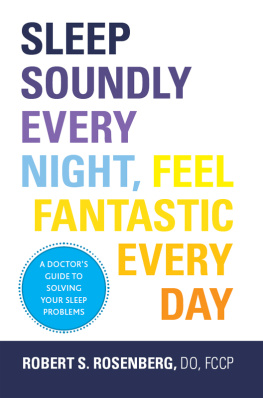
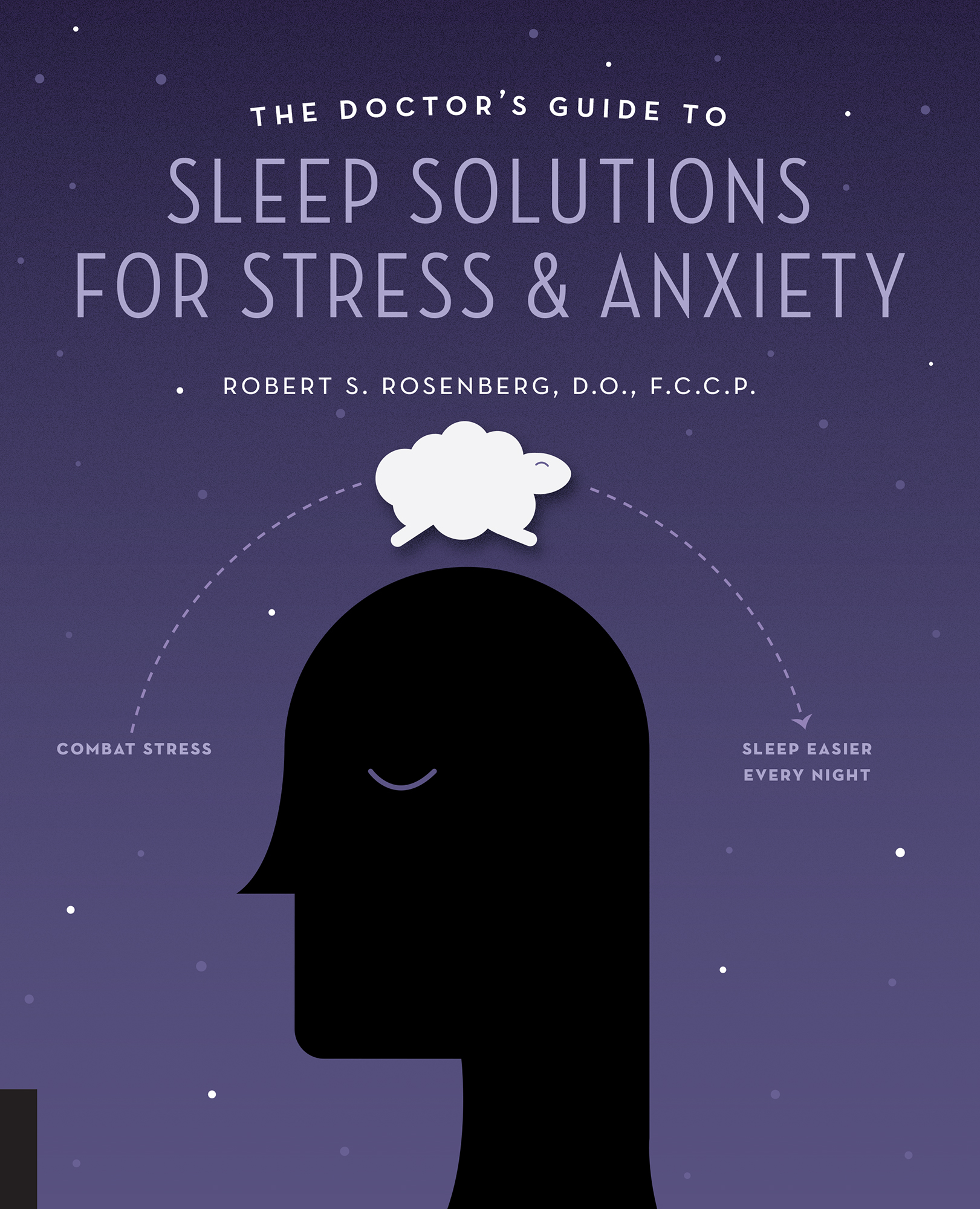




 Too much stress
Too much stress